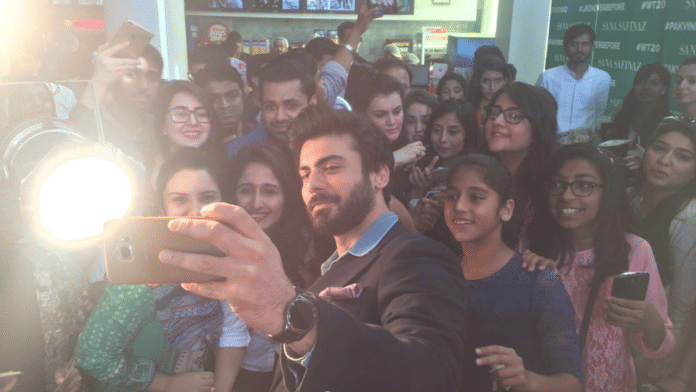New Delhi: A true patriot is one who is selfless, devoted, and good at heart, the Bombay High Court said last week, while dismissing a plea which sought a statutory ban on Indians from entering into any association with Pakistan artistes.
The judges further noted that the petitioner’s understanding of fundamental rights and patriotism is completely misplaced and one need not be hostile to foreigners to be a patriot.
“A true patriot is a person who is selfless, who is devoted to the cause of his country, which he cannot be, unless he is a person who is good at heart,” the bench of Justices Sunil Shukre and Firdosh Pooniwalla observed 17 October. “One must understand that in order to be a patriot, one need not be inimical to those from abroad especially, from the neighbouring country.”
Activities like sports and culture transcend national borders and promote harmony, and a true patriot must support his/her country in bringing peace and harmony to the country as they “rise beyond nationalities”, it said.
Dismissing the petition filed by Faaiz Anwar Qureshi, who claimed to be a cine worker and artist, the HC said that it was a “retrograde step” in promoting harmony and peace and cannot be accepted as there was “no merit”.
Qureshi, who claimed to be a “true patriot”, had contended that associations with Pakistani artistes have violated his fundamental rights. He cited ‘bans’ imposed by non-statutory bodies such as Cine Workers Association in the aftermath of the 2019 Pulwama attack to support his case.
The bench did not agree with this contention and said that non-statutory bans or threats cannot be given legal recognition at the behest of the high court.
If such a non-statutory ban threatens “against those persons (Indians) working in association with Pakistani artists, musicians, lyricists, singers, technicians and cine workers,” then it would “agitate” against constitutional rights and, therefore, would be “manifestly illegal”, it said.
Also Read: Why did SC refuse to allow adoption by same-sex couples? How question split 5-judge bench
‘Violation of rights, sentiments hurt’
Qureshi claimed that his sentiments were hurt due to Pakistan artistes being allowed to perform in India. If a ban was not imposed, he contended, it would lead to discrimination of Indian artistes as a favourable atmosphere is not made available in Pakistan, unlike for their fellow artistes here.
Pakistani artistes would exploit commercial opportunities to the detriment of Indian artistes If they were permitted to work in India, he contended.
As the Cricket World Cup is being held in India, he claimed, some individuals might use this as a guise to invite Pakistani artistes.
The HC asserted that Pakistan cricket team’s participation in the ongoing tournament is only because of the “appreciable positive steps taken by the Government of India in the interest of overall peace and harmony.” This, it added, is in consonance with Article 51 of the Constitution, which is about promotion of international peace and security.
“If such a petition is to be entertained by this court, it would set as at naught the positive initiatives taken by the Government of India in the interest of international peace and harmony,” the HC observed.
‘No legal force to ban’
Qureshi had cited the ‘ban’ imposed by the All Indian Cine Workers Association (AICWA) on all Pakistani actors and artistes warning strict action against any violation of the restriction. He also cited appeals by the Indian Motion Pictures Producers Association and the Federation of Western India Cine Employees not to engage in any association with Pakistani artistes.
But, the HC noted that the directions of these associations were a matter of personal choice and cannot be translated into statutory notifications at the behest of the court. It also said that these resolutions and warnings do not have any legal force and any consequences on Pakistani artistes cannot be imposed by a court of law.
The Centre had opposed the petition as “imaginary by nature,” contending the petitioner cannot seek to reframe a government policy according to his desires.
Agreeing with the Centre, the HC said that it cannot direct the government to frame a policy or legislate in any matter to give effect to the petitioner’s wishes.
Akshat Jain is a student of the National Law University, Delhi, and an intern with ThePrint.
(Edited by Tony Rai)






